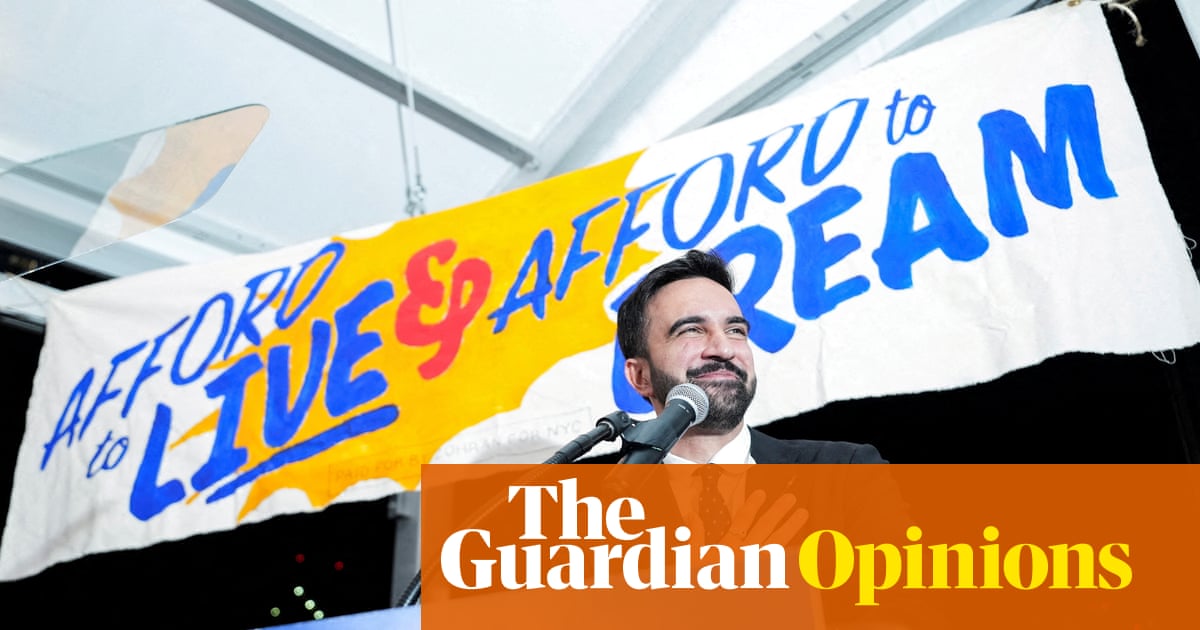
"I put identity politics in quote marks because the term now means little that is universally agreed upon. Broadly, it has come to mean something derogatory, kind of in the same way that wokeness has. It increasingly has negative connotations: a political appeal to race or other markers of identity that is shallow, rooted in perpetual victimhood, focused only on representation and disconnected from material reality."
"Coined by the Black feminist socialist organisation the Combahee River Collective in 1977, identity politics was defined as a path to a liberation that could only come about through the understanding that systems oppress many different people along the lines of their identity, and so could only be dismantled if all groups worked together. We believe, the collective declared, that the most profound and potentially most radical politics come directly out of our own identity,"
New York's political context and Zohran Mamdani's specific background shape his victory, limiting direct transferability to other places. The campaign applied an intersectional conception of identity politics that links representation to material concerns and coalition-building. Contemporary usage often paints identity politics as shallow, victimhood-focused, and disconnected from economic realities. The Combahee River Collective originally defined identity politics as a strategy for liberation grounded in overlapping systems of oppression that require joint struggles across groups. Mamdani's campaign rooted political appeals in the simultaneous experiences of race, class, and gender oppression to mobilize broader progressive constituencies.
Read at www.theguardian.com
Unable to calculate read time
Collection
[
|
...
]